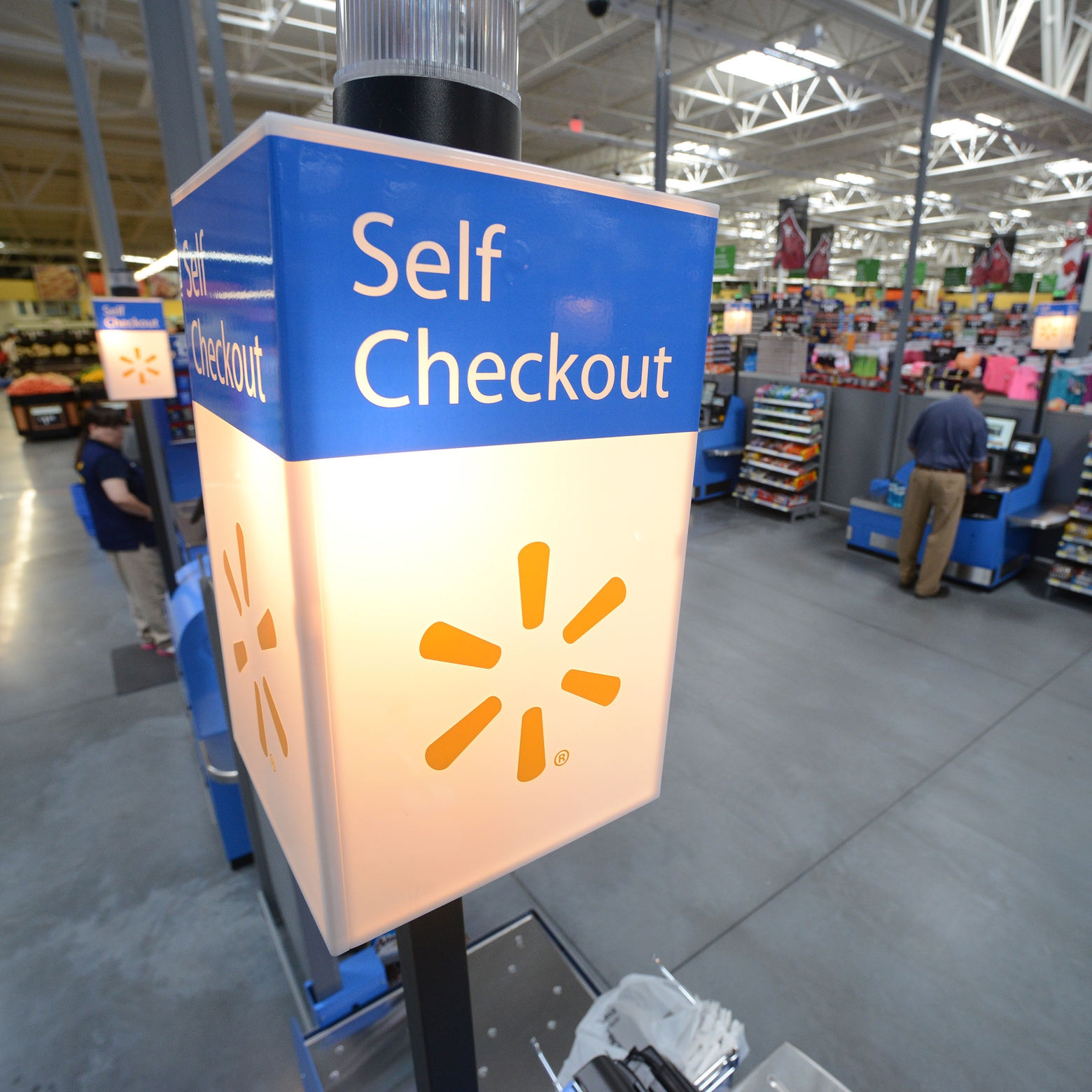Investing
5 Mega-Cap Family Businesses to Own the Rest of 2017 and Beyond

Published:
Last Updated:

When most of us think of a family-owned business, we may think of a local grocer or a specialty clothing or antique store in our area. The reality is some of the biggest companies in the world are by definition family owned. In fact, the definition of a family-owned company may surprise people, but given the huge stock floats of large American corporations, some widely used benchmarks make sense.
Top analysts and data companies cite for inclusion into global family-owned business databases that the companies must be at least $1 billion in market capitalization, and also where there is a family-owned shareholding of at least 20% of shares that are outstanding.
A new report from Jefferies cites these interesting statistics from Boston Consulting on family-owned businesses:
Our results show that during good economic times, family-run companies don’t earn as much money as companies with a more dispersed ownership structure. But when the economy slumps, family firms far outshine their peers. And when we looked across business cycles from 1997 to 2009, we found that the average long-term financial performance was higher for family businesses than for non-family businesses in every country we examined.
The overall economy is still in the middle of what many consider average economic to stagnant times, as we haven’t seen 3% economic growth in years. It may make sense to buy companies that are indeed family owned. We found five giants that fill the bill nicely.
Wal-Mart Stores Inc. (NYSE: WMT) leads off the list and probably comes as no surprise. Started as what was called a five-and-dime by Sam Walton in the 1950s, the company revolutionized retail as consumers came to know it. The Walton family’s stake in Walmart has risen to about 51% as a result of share buyback programs, and the family is satisfied to control the company’s biggest stake without actually owning enough stock to give them actual control. The shares traded on Thursday at $80.95.
Oracle Corp. (NASDAQ) is a technology company that is still family owned. Yahoo reports that co-founder and Executive Chairman Larry Ellison owns a staggering 1,124,103,736 shares of the software giant. Shares traded Thursday at $49.90.
Alphabet Inc. (NASDAQ: GOOGL) is another mega-cap technology stock with over 20% family ownership. Google was founded by Larry Page and Sergey Brin while they were Ph.D. students at Stanford University. Together they own about 14% of its shares but control 56% of the stockholder voting power through super-voting stock. Shares were last seen at $944.15.
Facebook Inc. (NASDAQ: FB) is another huge tech stock on the list. The social media giant’s founder and CEO, Mark Zuckerberg, is reported to own approximately 29.3% of Facebook’s Class A shares. Shares traded at $168.65.
Berkshire Hathaway Inc. (NYSE: BRK-A) is of course the investment vehicle for the renowned Warren Buffett. The Oracle of Omaha was estimated to currently own 350,000 Class A shares of Berkshire Hathaway and 2,050,640 Class B shares. He is believed to have 32% voting rights and 18% share capital ownership as of last year. The A shares traded at $267.000.
The fact that many of these top companies are still at least 20% owned by the founding families is a testament to the foresight, ingenuity and plain hard work by those founders. American industry has long been a model for the world, and history seems to show that owning stocks that are family owned and held seems to be a pretty good idea.
Start by taking a quick retirement quiz from SmartAsset that will match you with up to 3 financial advisors that serve your area and beyond in 5 minutes, or less.
Each advisor has been vetted by SmartAsset and is held to a fiduciary standard to act in your best interests.
Here’s how it works:
1. Answer SmartAsset advisor match quiz
2. Review your pre-screened matches at your leisure. Check out the advisors’ profiles.
3. Speak with advisors at no cost to you. Have an introductory call on the phone or introduction in person and choose whom to work with in the future
Get started right here.
Thank you for reading! Have some feedback for us?
Contact the 24/7 Wall St. editorial team.